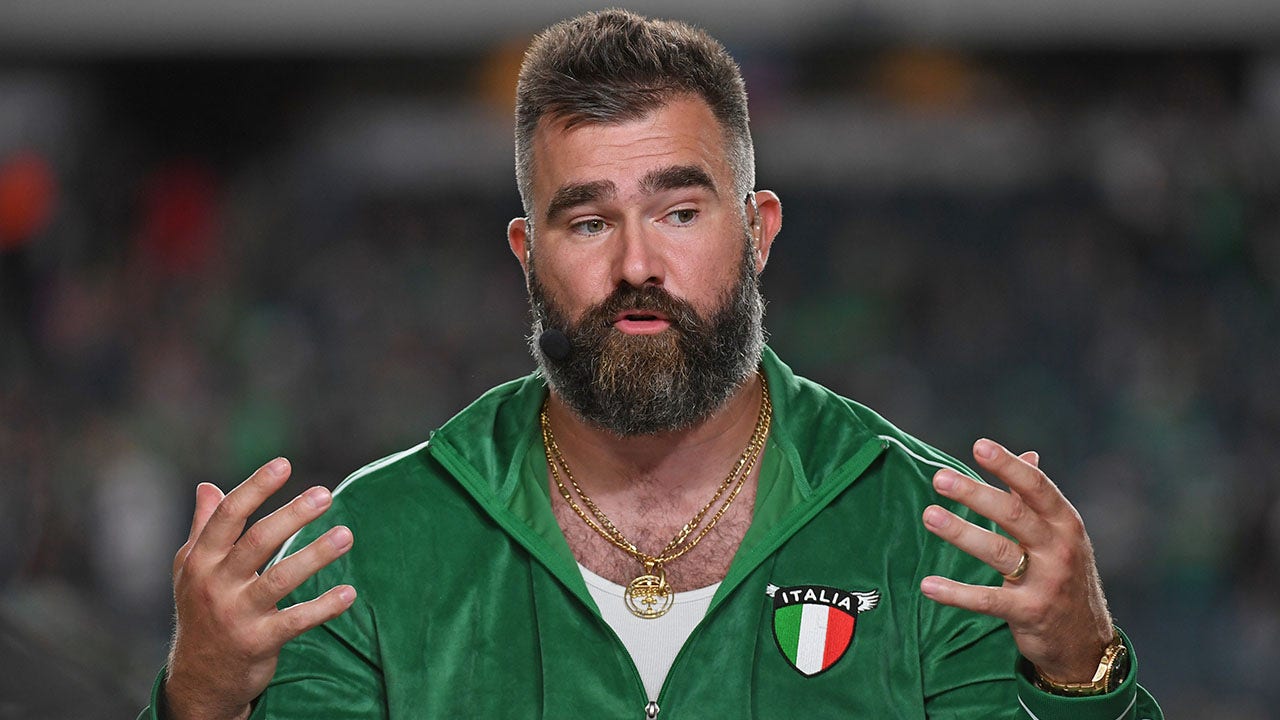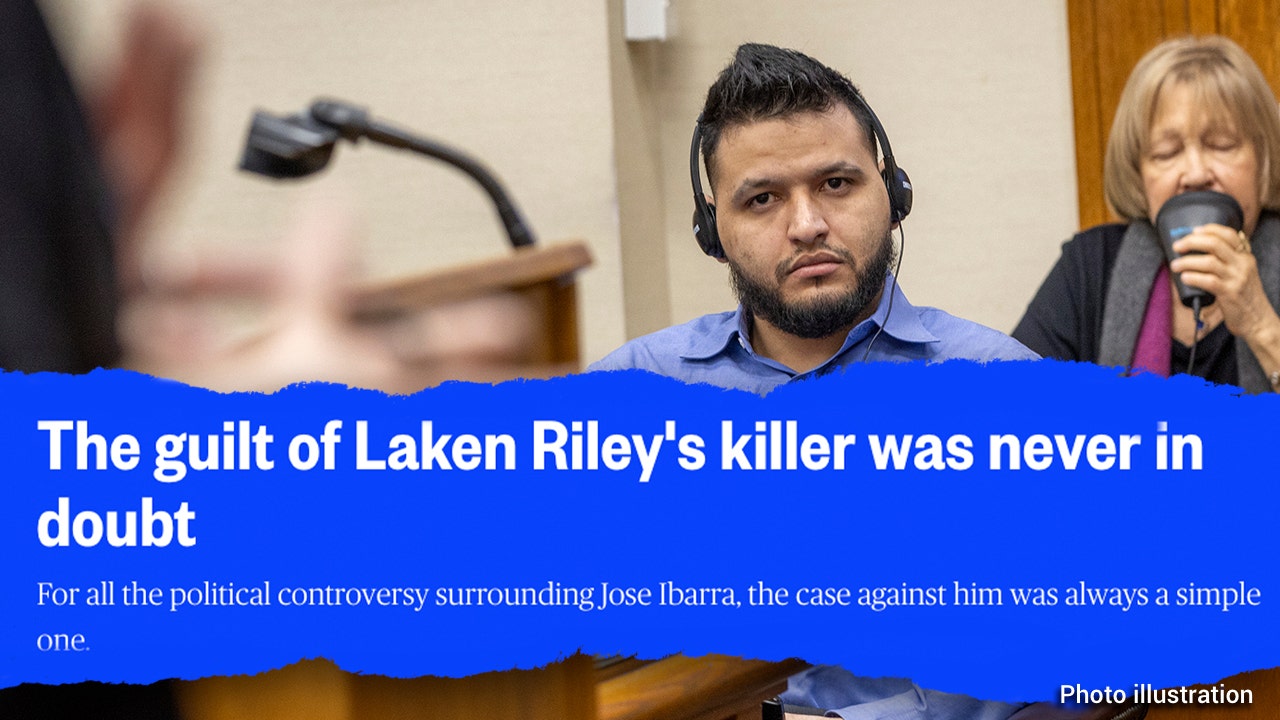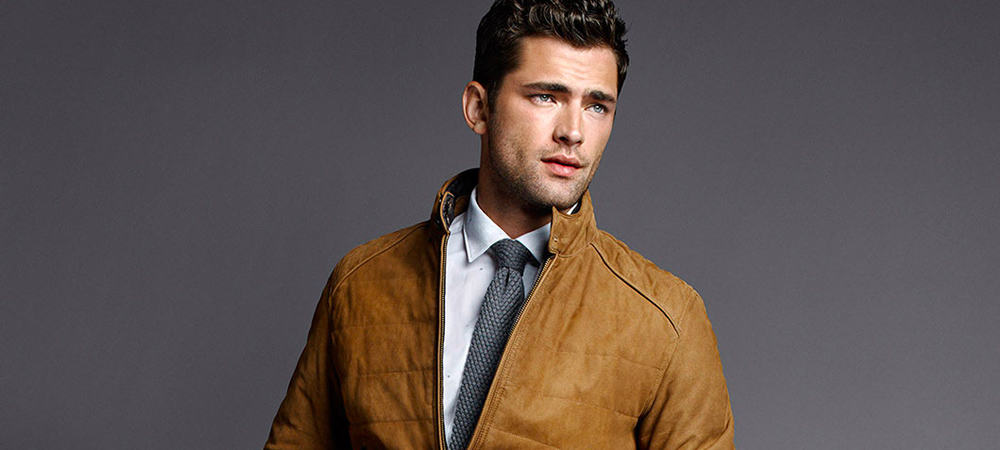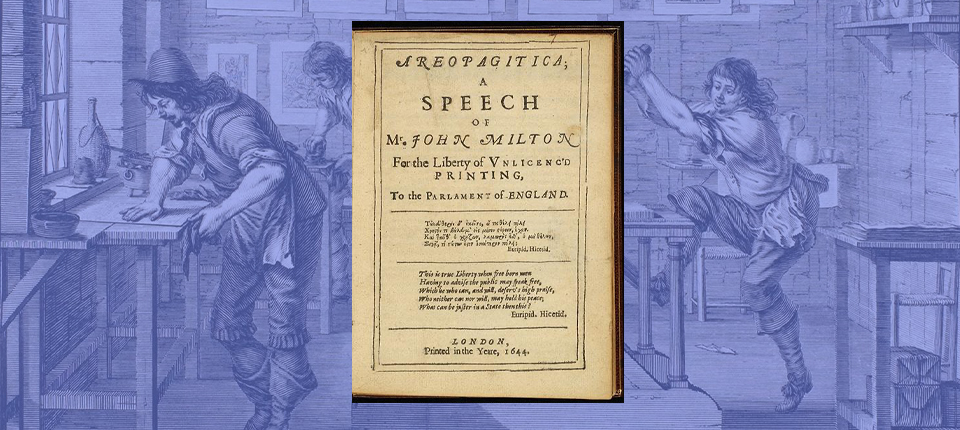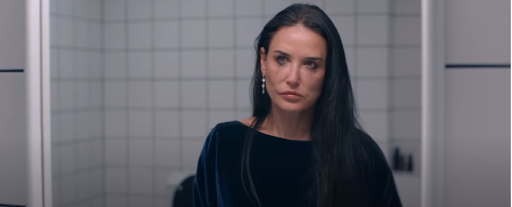It’s strangely appropriate that Rob Reiner‘s new documentary, Albert Brooks: Defending My Life, is getting its film festival rollout at a moment when most of Brooks’ body of work as a writer-director is unavailable on any major streaming platform.
Maybe classics like Real Life, Lost in America and Defending Your Life will have streaming homes by the time HBO airs the documentary in November. But you know what will always be available? Finding Nemo. Brooks is justifiably revered in certain circles, but the decline of a popular monoculture since the 1970s, when his Saturday Night Live shorts and Johnny Carson appearances made his brand of irony-fueled wit pleasantly mainstream, means that for a larger audience, he’s a talking fish.
Albert Brooks: Defending My Life
The Bottom Line
A career-spanning conversation long on charm if a tad short on substance.
Airdate: 8 p.m. Saturday, November 11 (HBO)
Director: Rob Reiner
1 hour 22 minutes
Albert Brooks: Defending My Life puts Brooks in proper context both for those who already adore him and for audiences sure to want more information on a legend who, over the course of 88 minutes, is canonized by the likes of Jon Stewart, Chris Rock, Sarah Silverman, Conan O’Brien, Larry David, Tiffany Haddish, Alana Haim, Brian Williams, Steven Spielberg, David Letterman, Anthony Jeselnik and more.
For those in the latter category, the limited availability of Brooks’ oeuvre might be a minor post-doc concern. And for those in the former category? Given that Garry Shandling and George Carlin both received four-hour HBO documentary treatment in recent years, it’s hard not to feel like Brooks got a tiny bit short-changed with merely a feature-length doc, one on which my primary complaint was, “Give me more.” But an Albert Brooks documentary with an inferiority complex? Appropriate!
Though A-listers and their adulation play an important part in Defending My Life, the documentary’s spine is an extended conversation between Reiner and Brooks held at the West Los Angeles Italian favorite Matteo’s. The two multi-hyphenates, both children of iconic funnymen, were classmates at Beverly Hills High School and they’ve been close friends and occasional collaborators ever since.
There is a natural and affectionate rapport between the two men and, especially when discussing shared biographical details, Defending My Life captures a wholly desirable sensation of finding yourself plunked down in the middle of inside jokes and good-natured ribbing that have been ongoing for 60 years. Always an exceptional straight-man, Reiner ably sets Brooks up for a lot of autobiographical anecdotes that he’s clearly told before and retells with wry aplomb, whether discussing the challenges of growing up with the name “Albert Einstein,” or offering a lively and bittersweet recounting of his father’s death on a Friar’s Club stage.
On the professional side of things, Reiner is at his best leading his subject through the early stages of his career, interspersing Brooks’ memories and self-analysis with a variety of footage, including clips from talk shows on which the young standup honed his prodigious craft. I knew some of those routines — Brooks as an inept ventriloquist kills me every time — but there’s little doubt that over 50 years, Brooks the Auteur and Brooks the Versatile Character Actor have usurped Brooks the Alt-Comedy Trailblazer.
The documentary is almost halfway through before Brooks discusses his relationship with the genesis of Saturday Night Live, as well as his career redefining work on Real Life. This is where Reiner’s efficiency as interviewer lapses a little. Especially when it comes to his writing-directing credits, everything is at least addressed, but usually in a manner more like working your way down a Wikipedia checklist than anything close to depth. All of Brooks’ key films get at least a token anecdote, sometimes tied to their origins, possibly focused on just one scene — not even necessarily integral, like Sharon Stone talking about her nude scene in The Muse — and, in the case of Looking for Comedy in the Muslim World, occasionally tied to the struggles around their release.
All of the friends and acolytes singing Brooks’ praises are great, but it’s possible that Defending My Life would have been more satisfying had it just been Brooks, Reiner and some fantastic clips. As it is, the doc might leave you yearning for additional depth.
Once a gushing James L. Brooks shows up, I could have watched a full hour just on Broadcast News. It’s disappointing not to have reliably engaging figures like Martin Scorsese and Steven Soderbergh on camera to talk about Taxi Driver and Out of Sight. It isn’t surprising that Lorne Michaels is absent, but the stories he could have told, I would have wanted to hear. There’s much talk about the casting of Meryl Streep in Defending Your Life, but she’s missing. And that’s before you get to how sad it is that people like Charles Grodin, Rip Torn and Debbie Reynolds are no longer with us to share their stories. It probably isn’t that Reiner made the “wrong” movie here or concentrated on the “wrong” things, but I couldn’t shake the sense that the opportunity for this sort of retrospective with this kind of access may never come again and more advantage could have been taken.
Defending My Life spends its closing chapter on the “life” part of the title and of its focal hero, with an unusually warm look at Brooks’ marriage and his relationship with his two children. That pointedly takes the place that could have been given to letting Brooks reflect on the state of modern comedy and this moment late in his career, when he hasn’t written or directed a movie in 18 years. Does he still have stories he wants to tell? Or is he simply happy and comfortable, and is that a strange state of mind for him?
There I go again, craving more: More new Albert Brooks films and more access to the old films, more than 88 minutes to chronicle one of the all-time greats. Not in a bad way, though. There’s no need to defend wanting more Albert Brooks.



